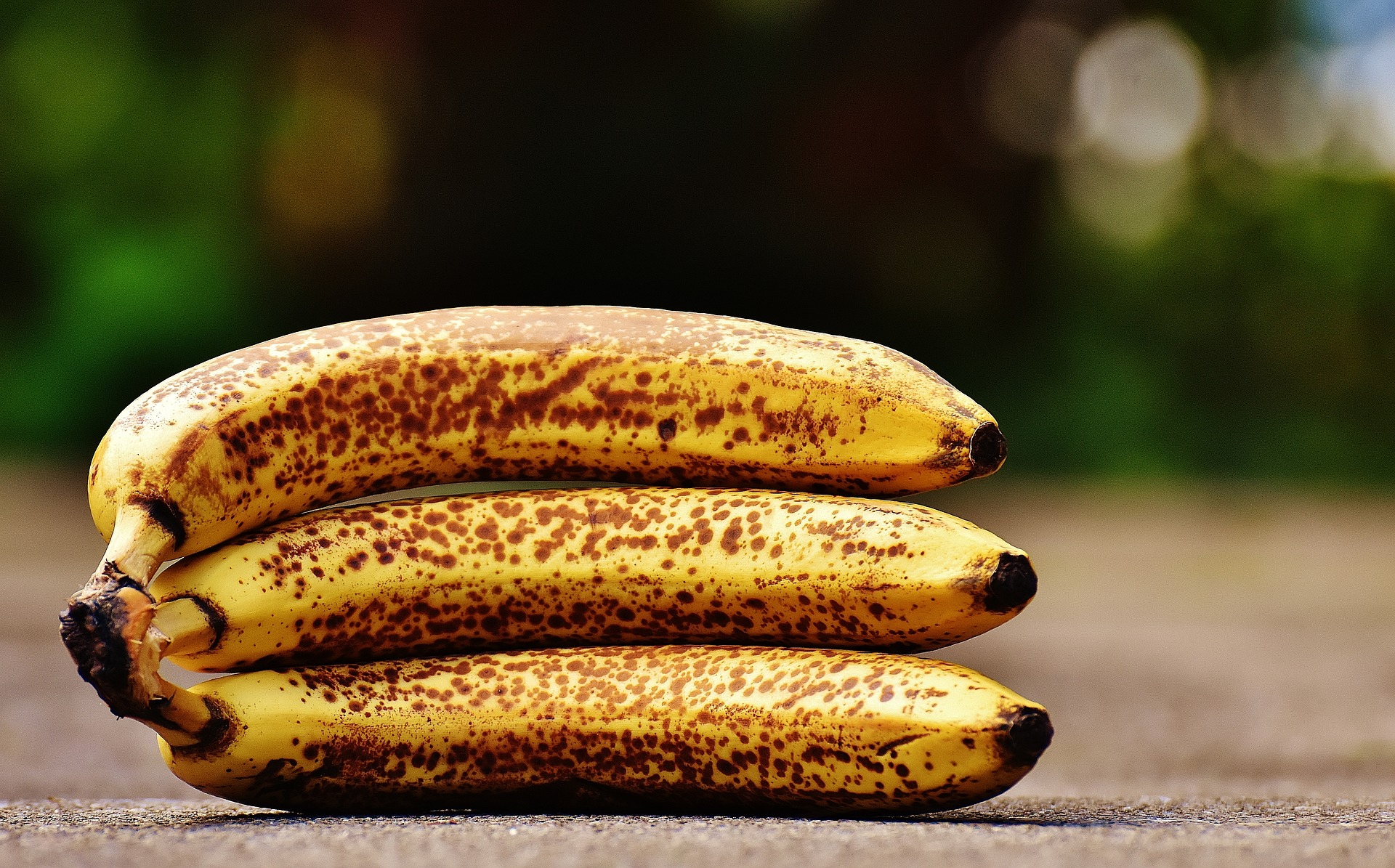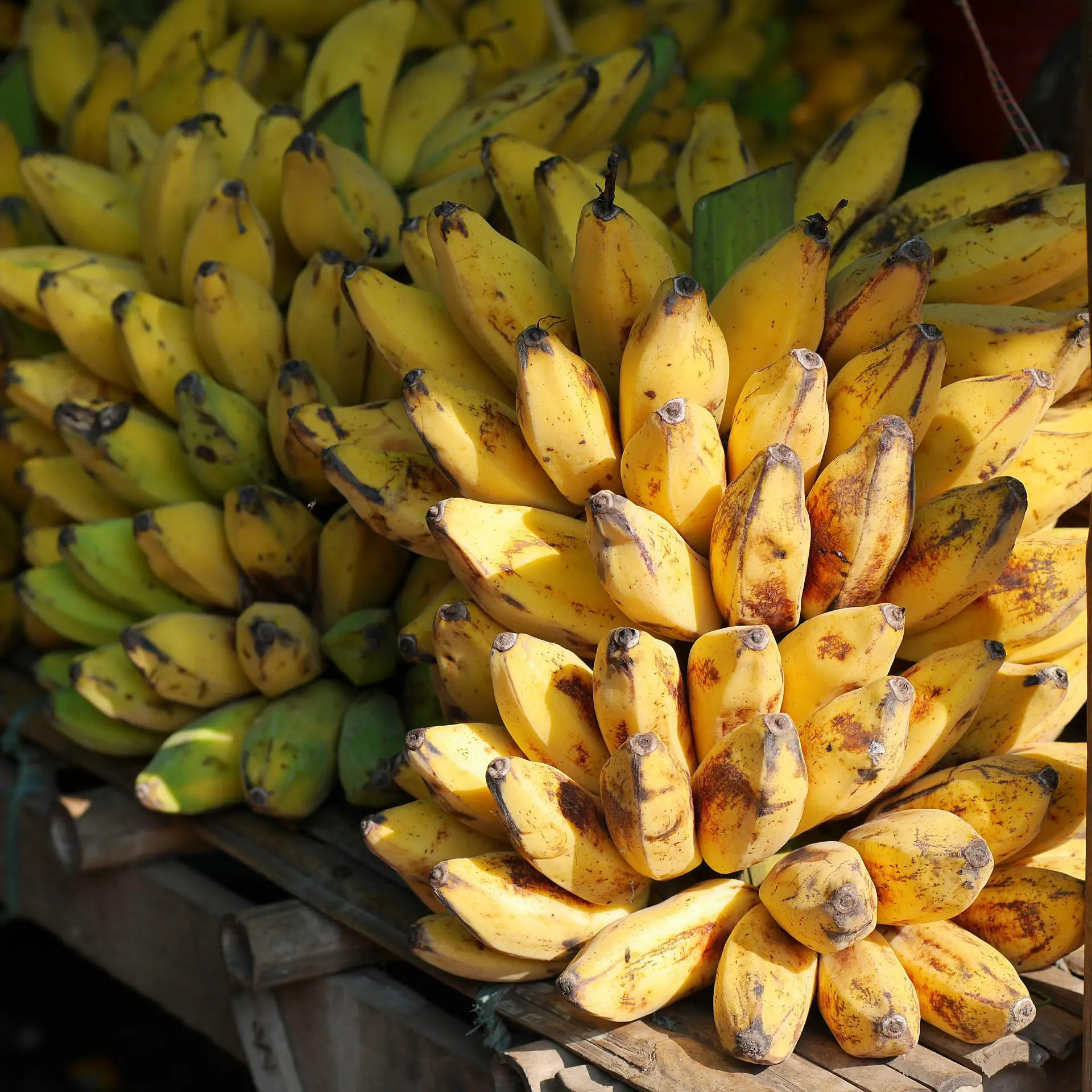Few healthful foods are more travel-friendly than the banana. The fruit, which is high in vitamins and minerals, is an excellent source of energy and, as a bonus, comes with its own to-go container, courtesy of Mother Nature. However, there is one drawback to the big banana, and that is how quickly it may go from wonderfully ripe to completely rotten.
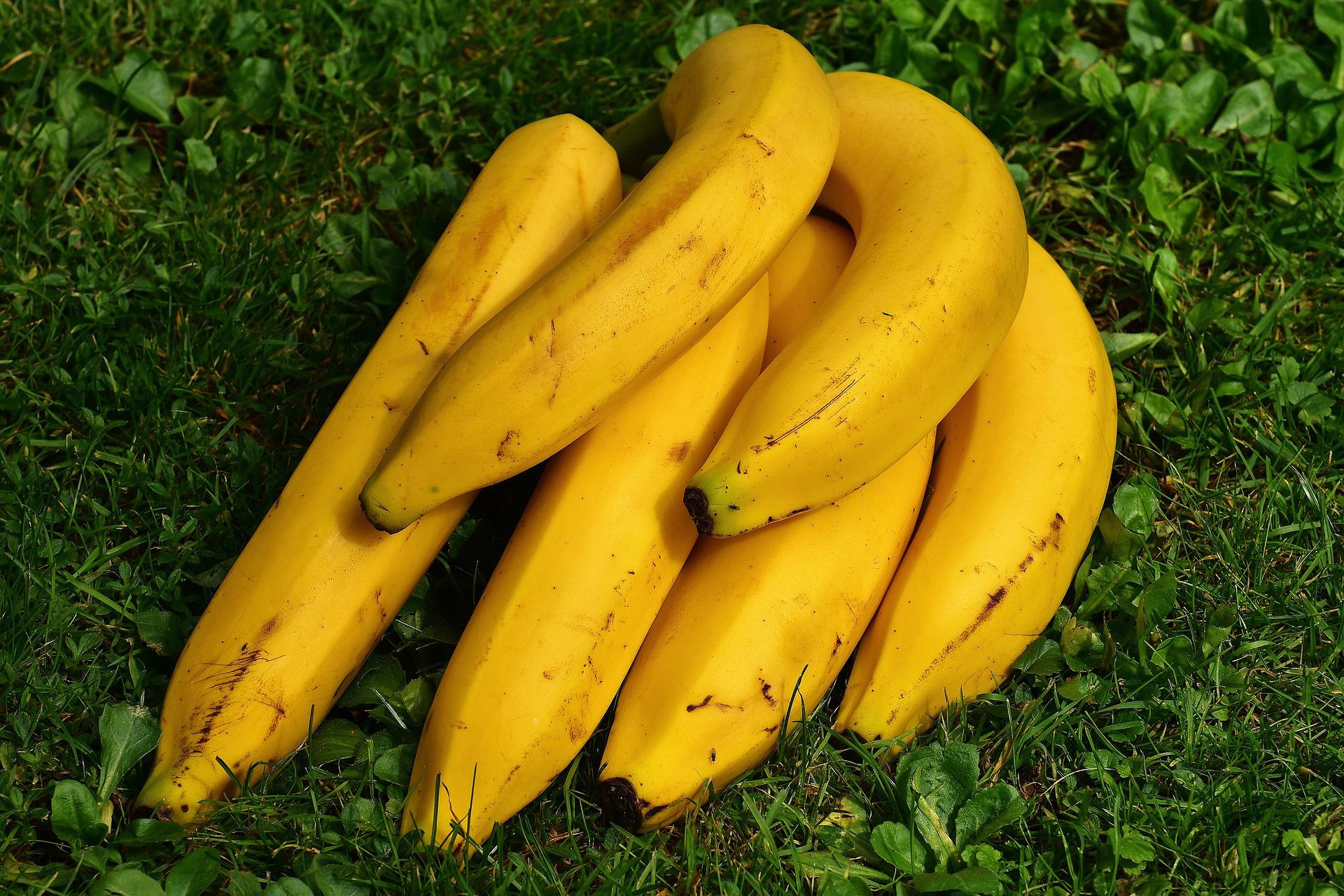
There are, however, ways to keep bananas fresh for longer, whether you’re bringing them on a lengthy car ride or flight, or keeping them in your home kitchen over a long weekend getaway. That starts with choosing the correct bananas in the first place, according to Molly Siegler, senior programme manager for culinary development at Whole Foods Market.
“Keep in mind that you can always choose one or two bananas from any bunch – choose the ones that are at the best stage of ripening for you,” Siegler tells Travel + Leisure. “I always advocate picking a variety of ripeness – a couple that are pretty green for the end of the week, several bright yellow with green ends, and one that is uniformly creamy yellow for that day’s consumption.”
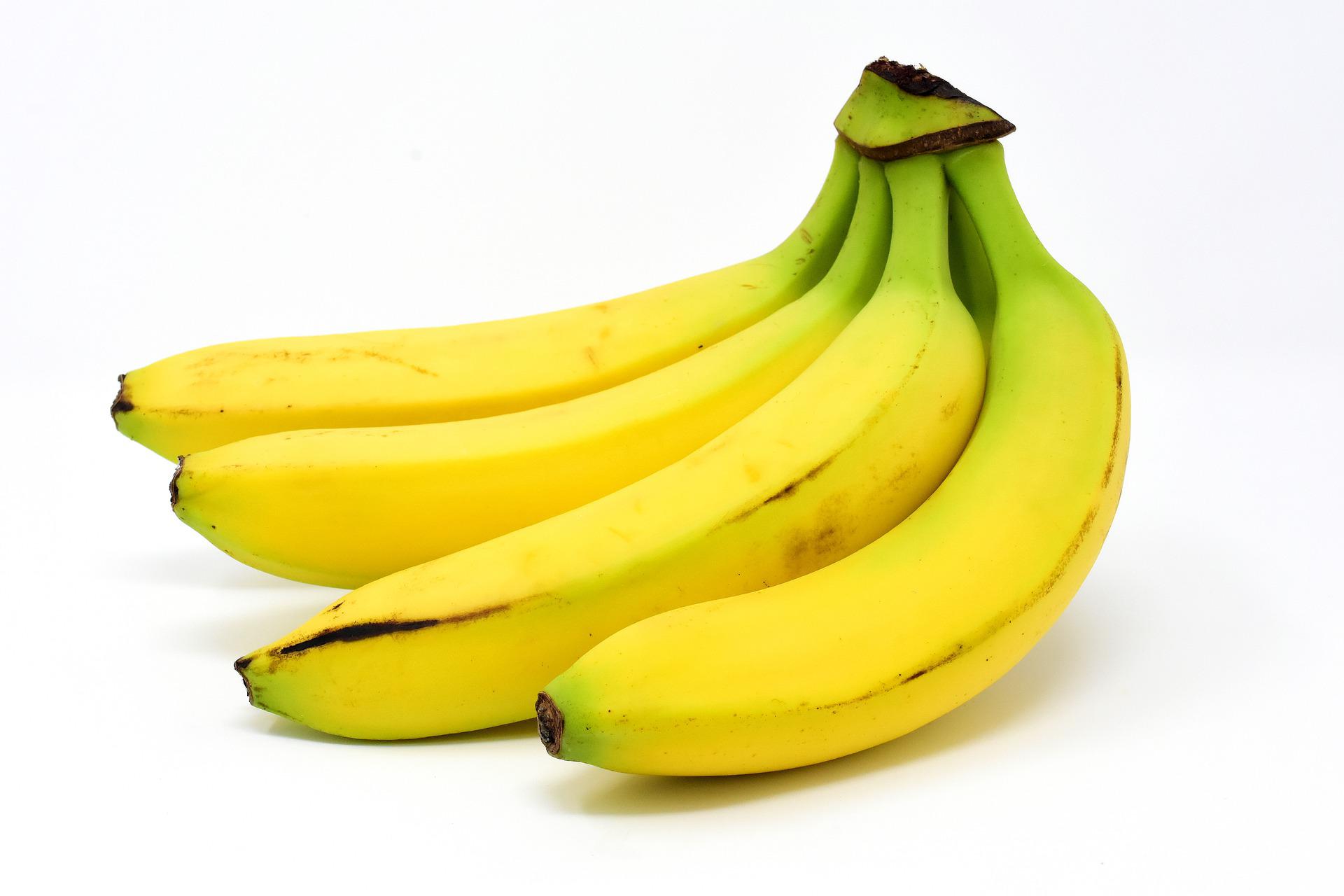
“The most important thing is selection at the store, and when you get home, keep the bananas away from other fruit, especially apples, which produce ethylene gas and can speed up the ripening process,” Siegler says of keeping bananas fresh for longer.
Consider investing in a cute banana hanger, which will not only keep your bananas safe from other fruits that can ripen them faster, but will also help to prevent bruising.
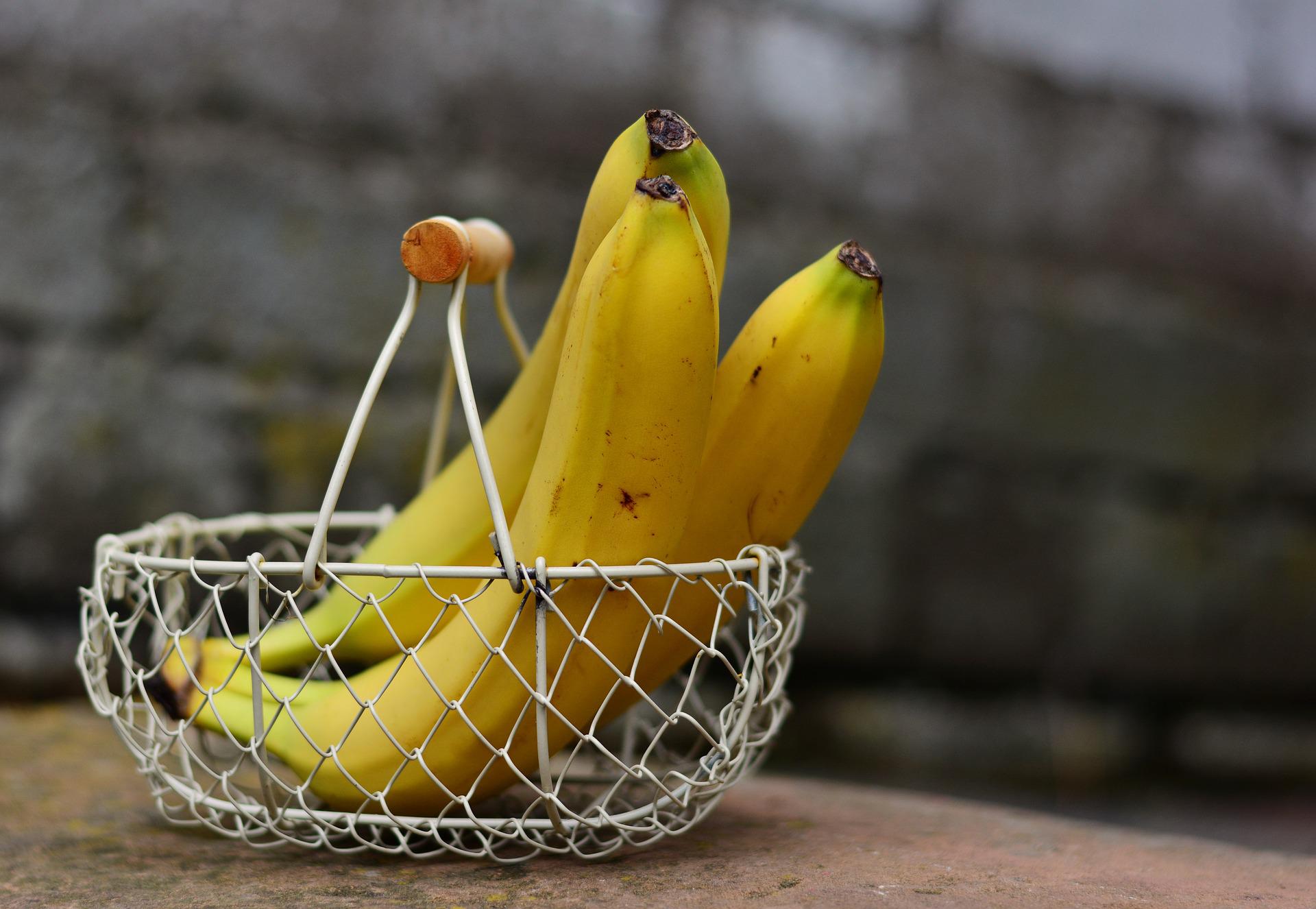
Bananas aren’t the only fruit that needs to be kept fresh. In the United States, food waste is a serious concern. Food waste is estimated to comprise between 30 and 40% of the food supply, according to the Food and Drug Administration (FDA), which equated to around 133 billion pounds and $161 billion in food in 2010.
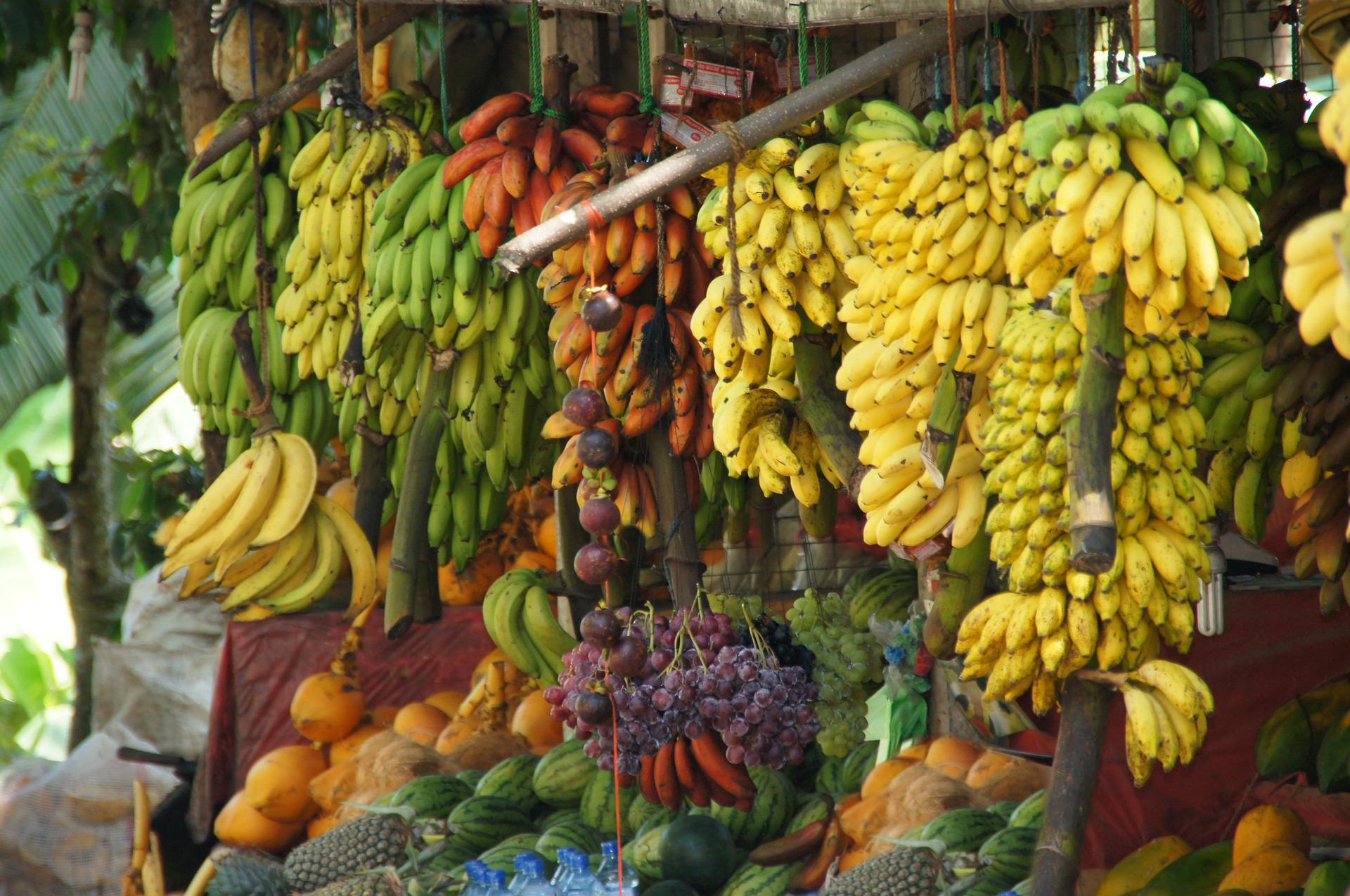
“Again, this is about food storage, but it’s also about shopping carefully,” Siegler says of decreasing all food waste, including bananas. “Select products at varied stages of ripeness, especially with items like bananas, avocados, and stone fruit, so you have more time to appreciate them.”
You can also put your bananas in the fridge if they start to ripen faster than you’d like. Colder temperatures slow down the chemical process that causes bananas to ripen, allowing you to enjoy them for a few days longer. Put a banana in the freezer if you truly need to extend its life. A frozen banana can last up to six months in the freezer.
Another piece of advice? “Don’t wash produce until you’re ready to consume or cook it,” Siegler advises, “since washing too soon might lead to mold.” “Most goods benefit from increased air circulation, so keep that in mind when storing fruits and vegetables.”
Also, don’t throw them out just because they’re brown. The banana’s browning is simply a sign that it has ripened to the point where the starch has converted to sugar, indicating that it may be quite sweet. That makes it ideal for banana ice cream, banana bread, and pretty much any other delicious banana delicacy. Give it a shot before tossing it out to avoid wasting food and saving money at the grocery store.
